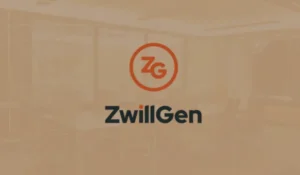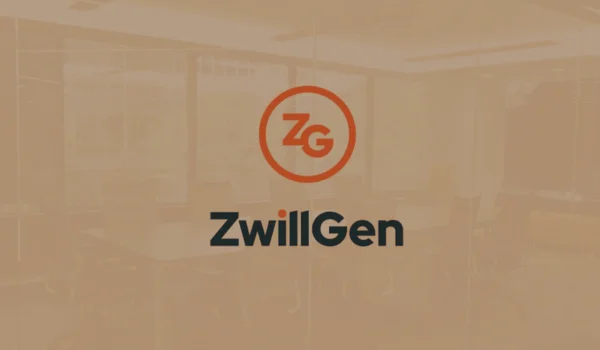In a significant move to bolster its film industry, Germany has enacted a comprehensive reform of its Film Subsidies Act (FFG), set to take effect on January 1, 2025. This legislation introduces a 30% tax incentive for film and high-end television productions, alongside a mandate requiring streaming platforms to reinvest a portion of their German revenues into local content. The reform aims to enhance Germany’s competitiveness as a production hub and support domestic filmmakers.
Key Provisions of the New Film Subsidy Law
- 30% Tax Incentive: The law introduces a non-repayable grant covering 30% of eligible German production expenditures. This incentive replaces the previous German Federal Film Fund (DFFF) and German Motion Picture Fund (GMPF), which collectively provided approximately €166 million in support during 2023. Unlike its predecessors, the new incentive scheme’s budget is uncapped, potentially increasing financial support for the industry.
- Investment Obligation for Streaming Platforms: Streaming services operating in Germany are now required to reinvest 20% of their domestic turnover into European audiovisual productions, with 70% of this investment directed toward original German-language content. This measure seeks to ensure that global streaming giants contribute to the development of local creative industries.
Objectives Behind the Reform
The primary goals of the new legislation are to:
- Enhance International Competitiveness: By offering a substantial tax incentive, Germany aims to attract more international productions, positioning itself alongside countries like Austria, which have successfully implemented similar schemes.
- Support Domestic Film Industry: The investment obligation for streaming platforms is designed to channel funds into local productions, fostering the growth of German cinema and television content.
- Simplify Funding Processes: The reform seeks to streamline the funding system, reducing bureaucracy and making it more accessible to filmmakers.
Industry Reactions
The reform has elicited mixed reactions within the German film industry:
- Producers’ Perspective: Many producers have welcomed the tax incentive, viewing it as a necessary step to keep pace with other countries offering similar benefits. They believe it will make Germany a more attractive location for both domestic and international productions.
- Distributors and Exhibitors’ Concerns: Some distributors and cinema operators have expressed reservations, particularly regarding the focus on streaming platforms. They fear that the emphasis on digital content could undermine traditional cinema and theatrical releases.
- Streaming Platforms’ Response: Global streaming services have raised concerns about the investment obligation, arguing that it constitutes market interference and could limit their programming autonomy. They caution that such mandates might lead to unintended consequences, including reduced investment flexibility.
Comparisons with Other European Models
Germany’s reform draws inspiration from successful models in other European countries:
- Austria’s FISA+ Scheme: Introduced in early 2023, Austria’s FISA+ offers a 35% tax incentive, which has led to a surge in film and TV productions. Germany’s 30% incentive aims to achieve similar success.
- France’s Investment Obligations: France has long required broadcasters and streaming services to invest a portion of their revenues into local content, a model that has supported a robust domestic film industry. Germany’s new law mirrors this approach to strengthen its own audiovisual sector.
Challenges and Future Outlook
While the reform is poised to invigorate Germany’s film industry, several challenges remain:
- Implementation and Compliance: Ensuring that both domestic and international stakeholders adhere to the new regulations will require effective oversight and enforcement mechanisms.
- Balancing Interests: The government must navigate the diverse concerns of producers, distributors, exhibitors, and streaming platforms to maintain a harmonious industry environment.
- Budgetary Constraints: Given Germany’s current budgetary challenges, sustaining the financial commitments associated with the uncapped tax incentive will necessitate careful fiscal planning.
Conclusion
Germany’s new Film Subsidies Act represents a landmark effort to rejuvenate its film industry by introducing competitive tax incentives and mandating reinvestment from streaming platforms. As the law comes into effect in January 2025, its success will largely depend on effective implementation and the industry’s ability to adapt to the evolving landscape of film production and distribution.
















